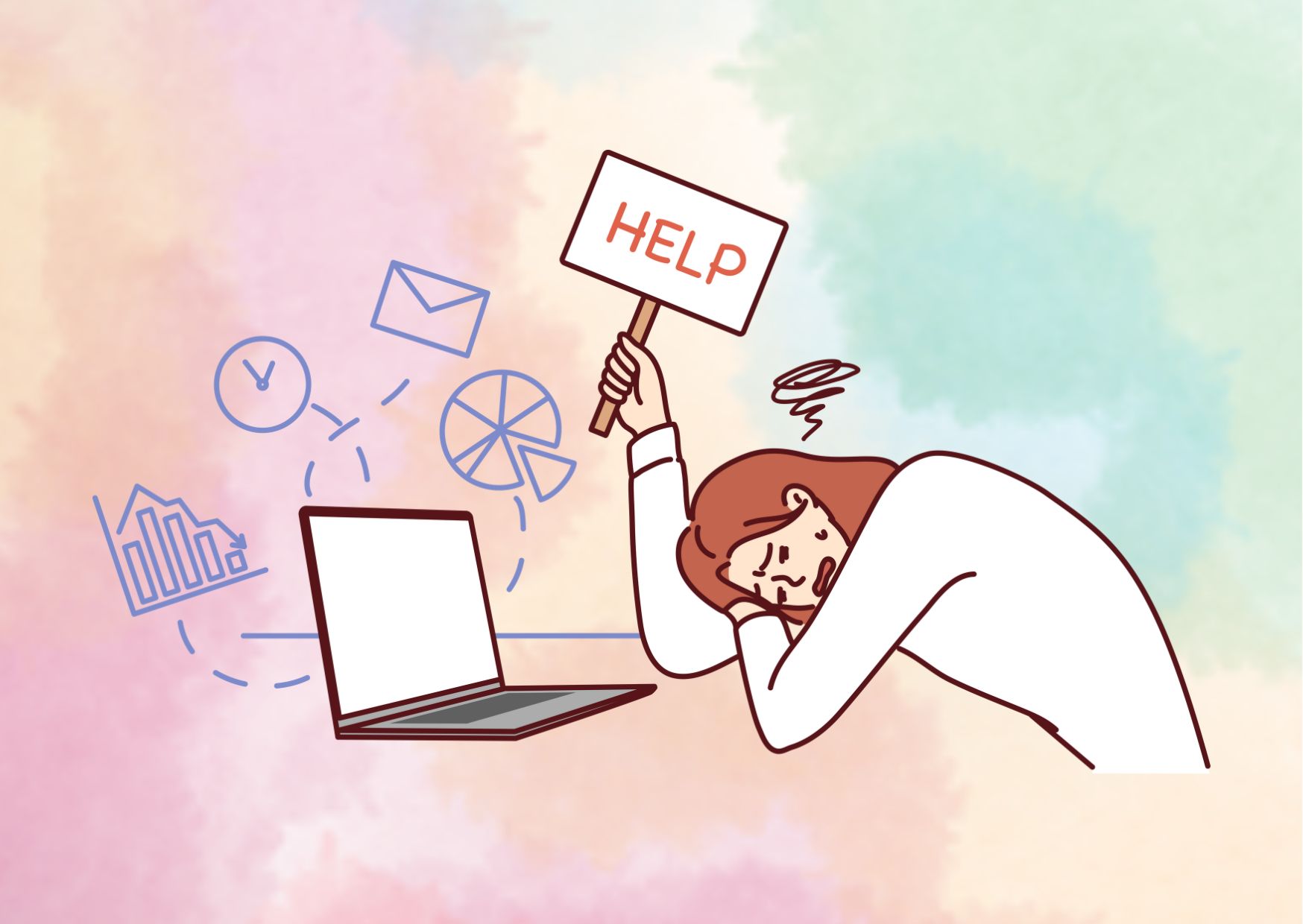2. Enhance Communication
Open and effective communication is crucial in any relationship, especially when one partner has ADHD. Establishing regular check-ins and discussing the challenges, expectations, and responsibilities can help both partners feel heard and understood. Use clear and explicit language when expressing your needs and concerns, and be open to listening to your partner’s perspective without judgment. Creating a safe and supportive environment for communication can foster a stronger connection and reduce the risk of misunderstandings.
3. Set Boundaries
Setting boundaries is vital for maintaining a healthy balance in the relationship. Clearly define your own limits and communicate them to your partner. This may include discussing household responsibilities, time management, and personal space. Encourage your partner to take responsibility for their actions and apologize when necessary. By establishing and respecting boundaries, both partners can have a better understanding of their roles and reduce the likelihood of burnout.
4. Seek Professional Support
Sometimes, the challenges associated with ADHD spouse burnout may require professional intervention. Online counseling or psychotherapy can provide a safe and confidential space to explore the emotional impact of living with a partner with ADHD. A licensed therapist or counselor with expertise in ADHD can offer guidance, coping strategies, and tools to navigate the complexities of the relationship. Seeking professional support is not a sign of weakness but rather a proactive step towards improving your well-being and the overall dynamics of your relationship.
Suggestion for read: How 2 Imperfect People Create Perfect Love
5. Educate Yourself and Your Partner
Knowledge is power when it comes to understanding and managing ADHD. Take the time to educate yourself about the condition, its symptoms, and its impact on relationships. Share this information with your partner in a non-judgmental and supportive way. Encourage your partner to seek an accurate diagnosis and explore appropriate treatment options, such as medication and therapy. By fostering a shared understanding of ADHD, you can work together as a team to navigate the challenges and find effective strategies for managing symptoms.
6. Practice Patience and Empathy
Living with a partner with ADHD requires patience and empathy. Remember that ADHD is a neurodevelopmental condition and that your partner’s behaviors are not deliberate or personal attacks. Practice empathy by trying to understand their perspective and the challenges they face. Cultivate a mindset of compassion and support, knowing that your partner is doing their best within the limitations of their condition. Celebrate their strengths and achievements, and offer encouragement during difficult times.
7. Explore ADHD-Specific Strategies
ADHD-specific strategies can be beneficial in managing the symptoms and challenges associated with the condition. These may include implementing visual cues and reminders, creating structured routines, and breaking tasks into smaller, manageable steps. Collaborate with your partner to identify strategies that work best for them and integrate them into your daily lives. By adapting your environment and routines to accommodate the unique needs of ADHD, you can reduce stress and enhance overall well-being.
8. Foster Mutual Support
A strong support system is crucial for both partners in an ADHD-affected relationship. Seek support from friends, family, or support groups who understand the challenges of living with ADHD. Engage in activities that bring you both joy and foster a sense of connection. Celebrate each other’s successes and provide emotional support during difficult times. By cultivating a supportive network, you can navigate the ups and downs of ADHD spouse burnout with greater resilience and understanding.
9. Practice Stress Management Techniques
Stress management techniques can be invaluable in reducing the impact of ADHD spouse burnout. Explore techniques such as mindfulness, deep breathing exercises, meditation, or journaling to help alleviate stress and promote emotional well-being. Encourage your partner to participate in stress-reducing activities as well. By managing stress effectively, you can both enhance your overall emotional health and maintain a stronger partnership.
10. Embrace Flexibility and Adaptability
Flexibility and adaptability are key in navigating the challenges of ADHD in a relationship. Understand that plans may change, routines may be disrupted, and unexpected situations may arise. Embrace a mindset of flexibility and adaptability, allowing room for spontaneity and adjustments. By letting go of rigid expectations and practicing acceptance, you can reduce frustration and create a more harmonious and fulfilling partnership.
Seeking Support with Inquire Talk
If you’re struggling with ADHD spouse burnout and need professional support, Inquire Talk is here to help. Our online counseling services provide a convenient and accessible way to seek guidance and assistance from licensed therapists and counselors specializing in various mental health concerns, including toxic relationships. We are committed to supporting individuals in navigating the complexities of passive aggression and promoting mental well-being.
With Inquire Talk, you can prioritize your mental health and take the first step towards a happier and more fulfilling life. Our licensed therapists and counselors are experienced in addressing the challenges of ADHD spouse burnout and can provide you with the tools and support you need to navigate these difficulties effectively. Reach out to us today to get started on your journey to a healthier and more harmonious relationship.
Conclusion
Living with a spouse with ADHD can present unique challenges that may lead to feelings of frustration, exhaustion, and burnout. However, by implementing effective coping strategies, seeking professional support, and prioritizing self-care, you can navigate these challenges and support your partner’s well-being. Remember, you are not alone in this journey. With patience, understanding, and open communication, you can foster a stronger and more resilient partnership.
Here are few certified therapists who you can get in touch and book a therapy session with:
Allison Banister
Daniel Bateman
Jo Pang
